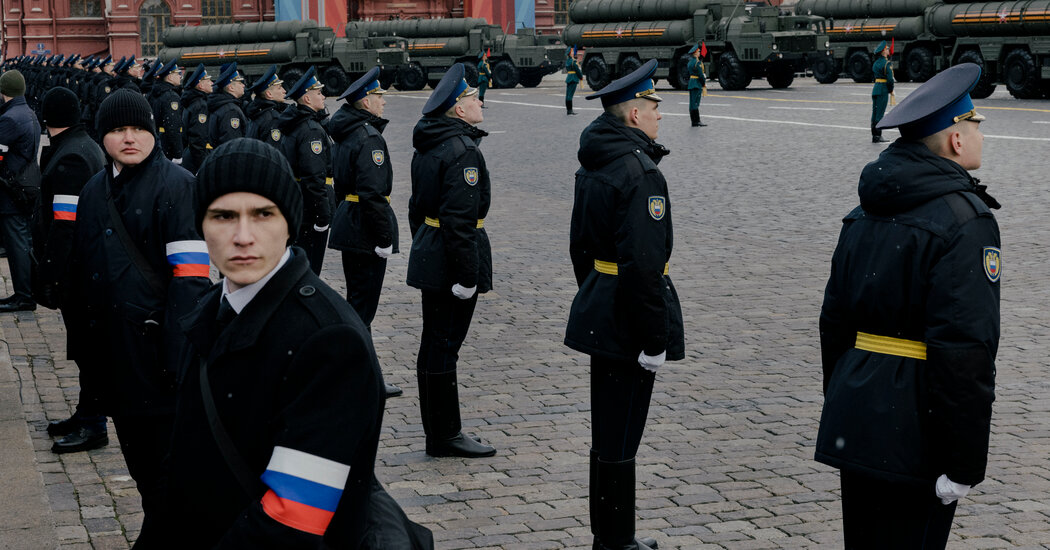After months of slow Russian ground advances and technological leaps in countering American-provided arms, the Biden administration is increasingly concerned that President Vladimir V. Putin is gathering enough momentum to change the trajectory of the war, and perhaps reverse his once-bleak prospects.
In recent days, Moscow’s troops have opened a new push near the country’s second-biggest city, Kharkiv, forcing Ukraine to divert its already thinned-out troops to defend an area that it took back from Russian forces in a stunning victory in the fall of 2022.
Artillery and drones provided by the United States and NATO have been taken out by Russian electronic warfare techniques, which came to the battlefield late but have proven surprisingly effective. And a monthslong debate in Washington about whether to send Ukraine a $61 billion package of arms and ammunition created an opening that Russia has clearly exploited, even though Congress ultimately passed the legislation.
In interviews, American officials express confidence that many of these Russian gains are reversible once the spigot of new arms is fully opened, most likely sometime in July, and President Volodymyr Zelensky of Ukraine finds ways to bring more — and younger — troops to the front lines. But they are hesitant to offer predictions of where the battle lines may stand even a few months from now, or whether Mr. Zelensky will be able to mount his long-delayed counteroffensive next year, after one last spring fizzled.
Momentum quite literally provided by the GOP, Reagan would be so proud.
This is the best summary I could come up with:
Now, after months of slow Russian ground advances and technological leaps in countering American-provided arms, the Biden administration is increasingly concerned that President Vladimir V. Putin is gathering enough momentum to change the trajectory of the war, and perhaps reverse his once-bleak prospects.
In interviews, American officials express confidence that many of these Russian gains are reversible once the spigot of new arms is fully opened, most likely sometime in July, and President Volodymyr Zelensky of Ukraine finds ways to bring more — and younger — troops to the front lines.
“Russia oftentimes starts its wars poorly and finishes strong,” Stephen J. Hadley, the national security adviser under President George W. Bush, said at a Harvard conference on Friday.
Some outside experts caution that Russia’s real strategic aim in taking territory around Kharkiv is to force Ukraine’s troops to move to reinforce the city, weakening the front lines elsewhere.
In some cases, Russia has successfully deceived GPS receivers, throwing off the targeting of Ukrainian arms, including a variety of missiles shot from HIMARS launchers, which Mr. Biden began providing to Ukraine last year.
But there is a growing sense inside the Biden administration that the next few months could prove critical, because at some moment the two sides may finally move to a negotiated cease-fire, an armistice similar to the one that ended the active fighting in Korea in 1953 — or simply a frozen conflict.
The original article contains 1,312 words, the summary contains 236 words. Saved 82%. I’m a bot and I’m open source!



